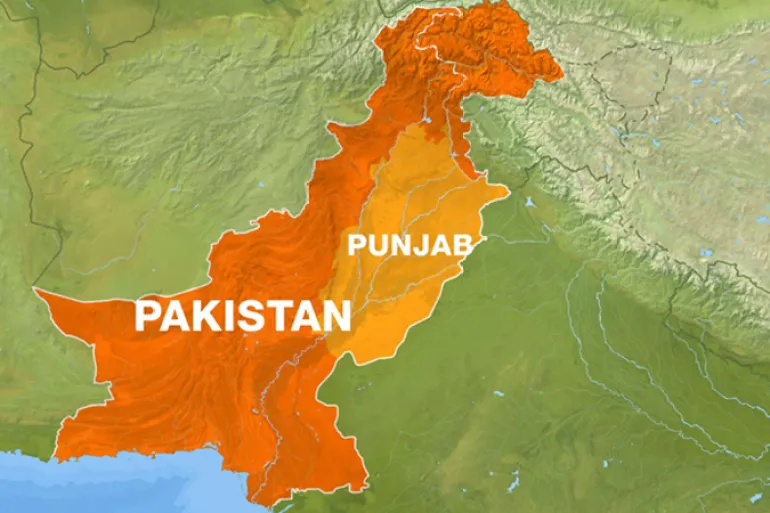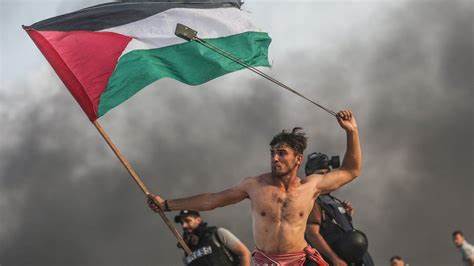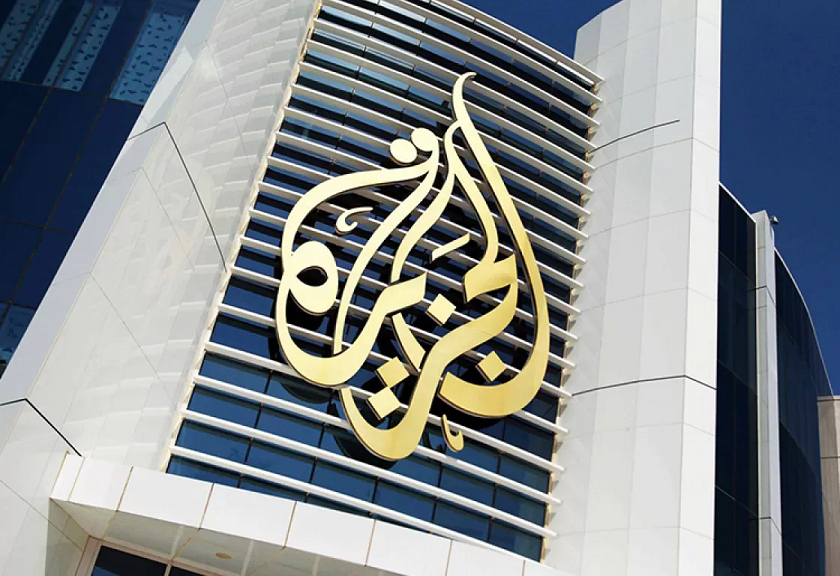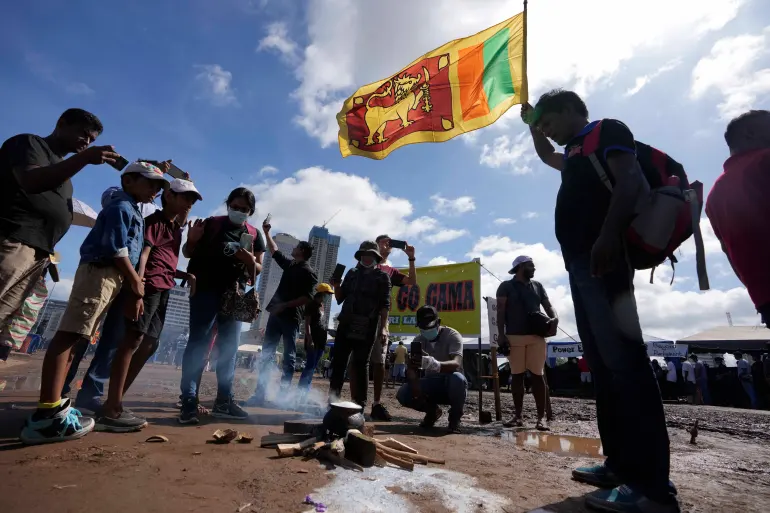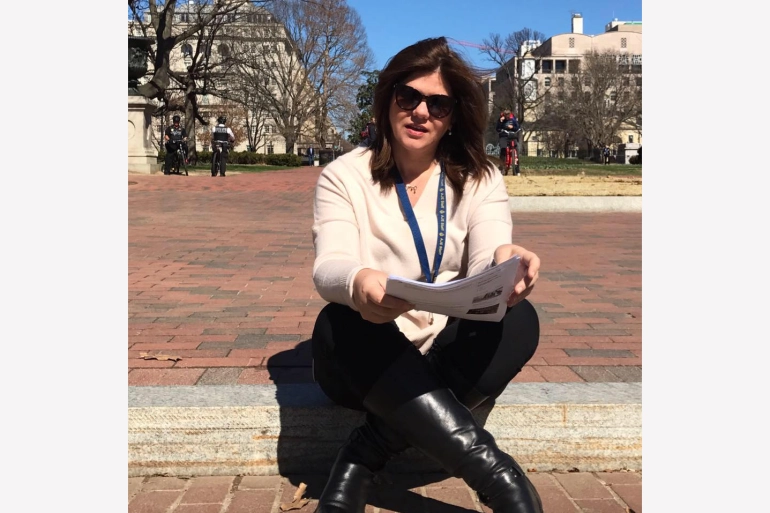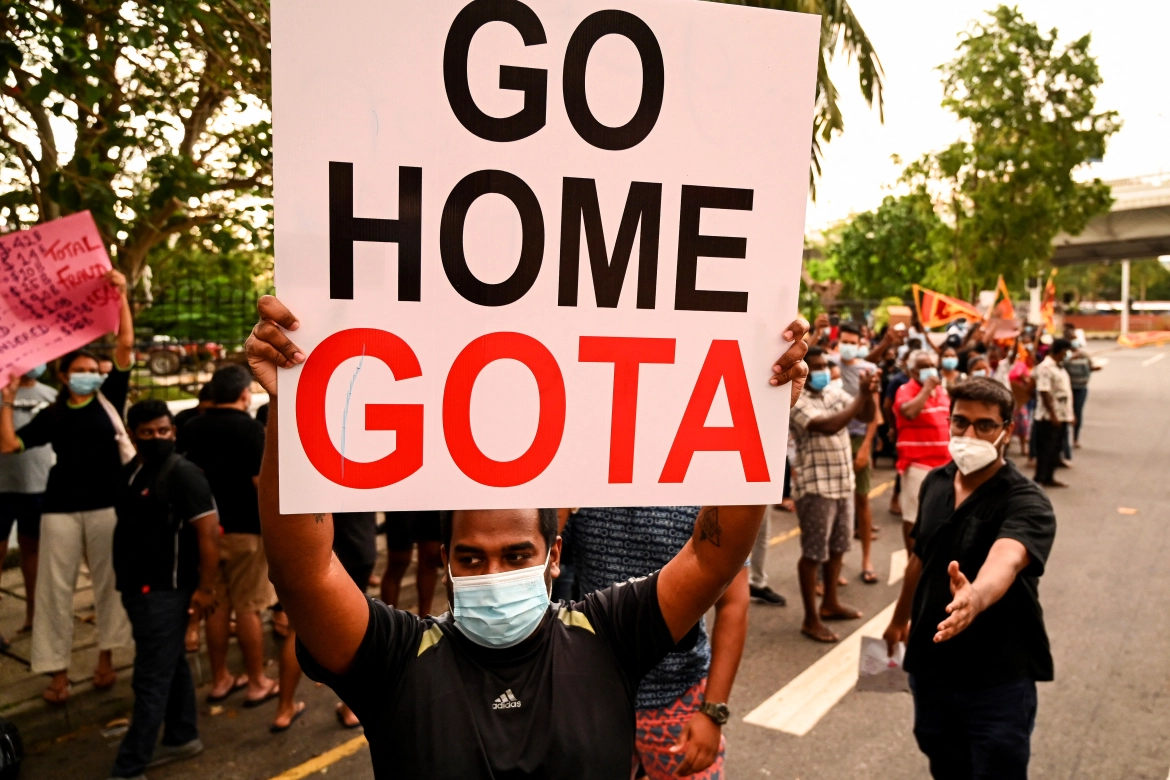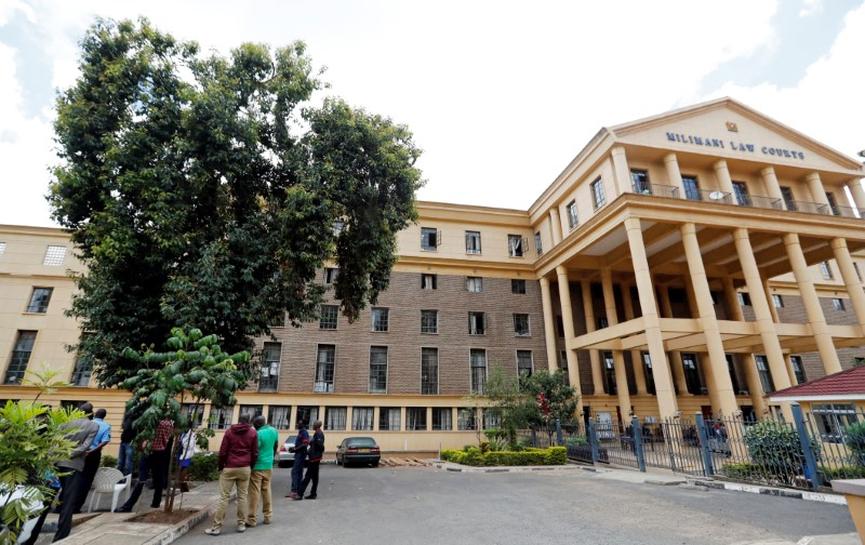AJ Public Liberties speaks to UN Special Rapporteur on Rights of Indigenous Peoples
![Edmund Metatawabin seeks answers documents on abuse at a church-run school in Cananda. [Kristina Jovanovksi/Al Jazeera]](https://liberties.aljazeera.com/resources/uploads/2021/08/1628531358.jpg)
Edmund Metatawabin seeks answers documents on abuse at a church-run school in Cananda. [Kristina Jovanovksi/Al Jazeera]
9 August marks the International Day for the World’s Indigenous Peoples.
Jose Francisco Cali Tzay, who hails from Guatamala, is the UN Special Rapporteur on the Rights of Indigenous People. He spoke to Al Jazeera.
Al Jazeera: What are the biggest challenges and problems facing indigenous peoples today?
Tzay: Indigenous peoples continue to face structural discrimination and infringements to their individual and collective rights around the globe, exacerbated by the impact of the COVID-19 pandemic and climate change.
The lack of recognition of their right to self-determination and the protection of the ancestral lands, territories and resources that indigenous peoples have traditionally owned or otherwise used or acquired remain pressing issues.
A greater recognition of the right to self-determination and self-government as recognized by the UN Declaration on the rights of indigenous peoples, is still a current challenge as well as the central means to ensure the full respect and realization of the rights set forth in the said Declaration.
Al Jazeera: How has the Covid pandemic affected the rights of indigenous peoples?
Tzay: Indigenous peoples are especially vulnerable to the disease, due to lack of access to health care and clean water as well as due to prior health conditions. In addition, escalating evictions of indigenous peoples from their lands and the loss of traditional livelihoods, in combination with the hardships of COVID-19, are aggravating extreme poverty among indigenous peoples. Most strikingly, indigenous peoples have rarely been taken into account in contingency plans, and recovery efforts.
As indicated in my statement for the international day of worlds’ indigenous peoples, “It is especially concerning that even recovery efforts are having negative impacts on indigenous peoples. Economic recovery measures have prioritized and supported the expansion of business operations at the expense of indigenous peoples, their lands and the environment. Worldwide, the COVID-19 pandemic has been a catalyst for States to promote mega-projects without adequate consultation with indigenous peoples.”
Al Jazeera: Which groups of indigenous people suffer from the most severe forms of discrimination? What can the international community do to protect the rights of indigenous peoples?
Tzay: As a matter of urgency, indigenous peoples should be fully involved in the design and implementation of recovery policies, to ensure that their needs and requirement are adequately taken into account and addressed by national programmes and policies.
The international community should step up its support to the implementation of the United Nations Declaration on the Rights of Indigenous Peoples, notably by raising awareness of its content and scope among public officials at all level of the State and with the private sector.
With regard to environmental degradation and climate change, the international community should ensure the recognition of all indigenous peoples’ rights, and including land rights as an indispensable condition for the sustainable management of our planet’s limited resources, and thus key to the survival of us all.
Al Jazeera: Can anything be learnt from the way the Canadian government is currently dealing with recent scandals about Canada’s past inhuman treatment of indigenous peoples (in the context of the schools system for example)?
Tzay: As the United Nations Special Rapporteur on the Rights of Indigenous Peoples, I address country specific situation through country visits and communications, as per the mandate given to me by the United Nation Human Rights Council. On this case and with other UN experts, I joined a call for full-fledged investigations in the “discovery of a mass grave containing the remains of over 200 children at a British Columbia ‘residential school’ for indigenous children forcibly taken from their homes.” My mandate continues to monitor the situation of indigenous peoples in all countries, including those living in Canada.

- Most Viewed
- Most Popular


